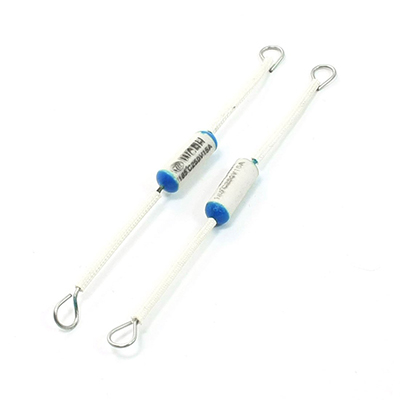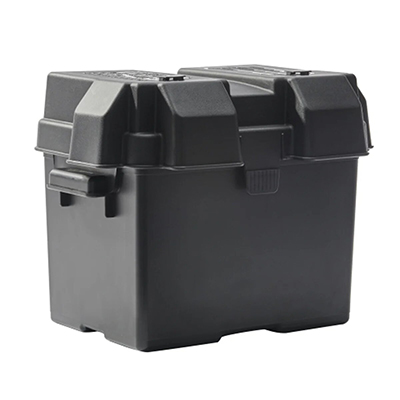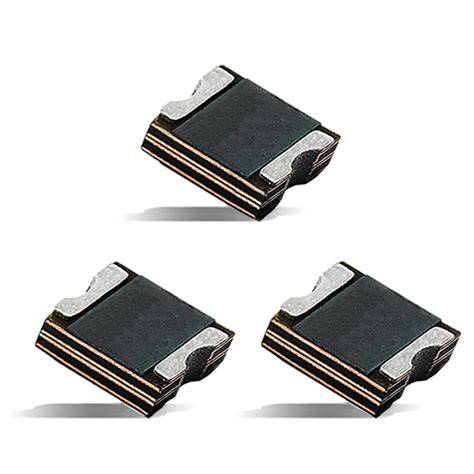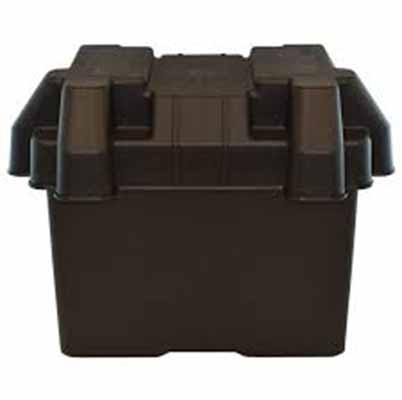Thermal Fuses: Critical Components for Overheat Safety in Automotive Power Window Motors
News 2025-10-27
In the automotive industry, thermal fuses play a vital role in safeguarding electrical systems from potential hazards. Specifically, for car power window motors, these components act as essential safeguards against overheating, which can occur due to prolonged use or electrical faults. By automatically interrupting the circuit when temperatures exceed safe limits, thermal fuses prevent damage to the motor and reduce the risk of fires or malfunctions. This technology is particularly important in modern vehicles where power windows are standard, ensuring reliable operation and enhancing overall vehicle safety.

Thermal fuses find extensive use in various automotive applications beyond just power window motors. In power window systems, they are integrated directly into the motor assembly to monitor and respond to heat buildup during frequent operations, such as in traffic jams or hot climates. This integration helps maintain performance in electric vehicles and traditional cars alike, protecting sensitive electronics from thermal stress and extending the lifespan of components. Additionally, these fuses appear in other areas like HVAC systems and lighting, where consistent temperature control is crucial for efficient vehicle function.
One of the key strengths of thermal fuses lies in their rapid response and durability under demanding conditions. Designed for high precision, they activate at specific temperature thresholds, offering superior protection compared to traditional circuit breakers. In car power window motors, this means quicker shutdowns to avoid motor burnout, leading to better energy efficiency and reduced maintenance costs. Their compact size and resistance to vibration make them ideal for the dynamic environment of automobiles, ensuring long-term reliability without compromising space or weight.
When choosing thermal fuses for automotive use, factors like rated temperature and current capacity are critical to match the specific needs of power window motors. Manufacturers often recommend fuses with ratings between 130°C and 240°C, depending on the vehicle’s design and operating environment. Proper integration involves placing them near heat sources for accurate detection, along with using compatible wiring to avoid false trips. This approach not only optimizes performance but also complies with industry standards, making it easier for engineers to implement effective overheat protection strategies.
1. How do thermal fuses work in car motors?
They detect excessive heat and break the circuit to prevent damage, ensuring the motor stops before overheating causes harm.
2. What are the main benefits for automotive use?
They provide fast protection against thermal failures, improving safety and longevity of power window systems in vehicles.
3. Can thermal fuses be reused after activation?
No, they are one-time use devices that must be replaced once triggered to maintain reliable protection.


